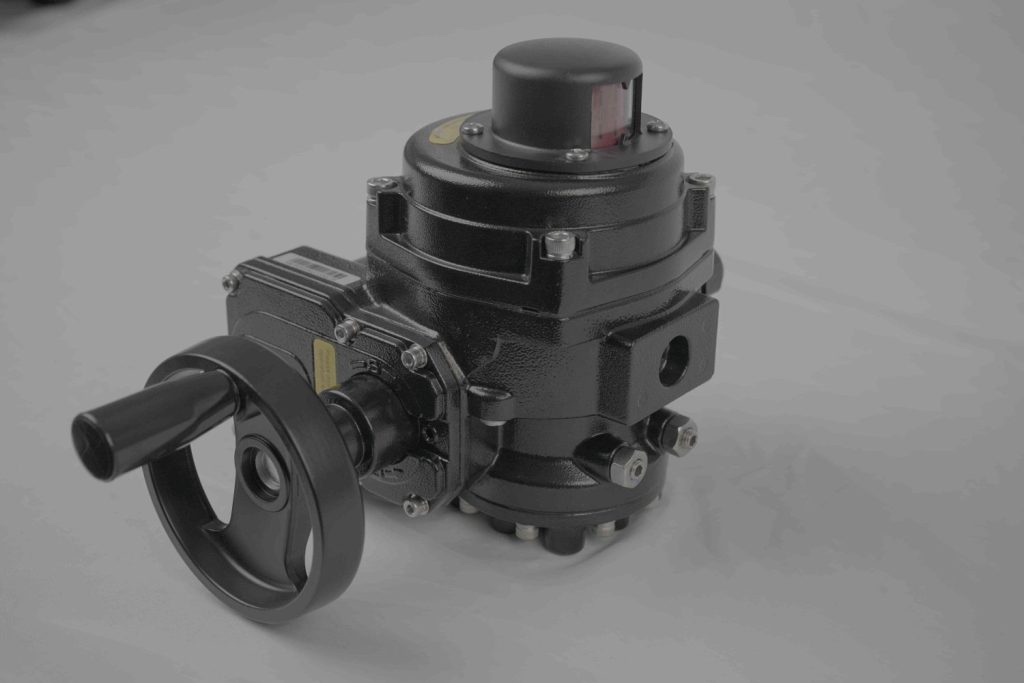In recent years, the demand for lithium-ion batteries has surged, driven by the rapid advancement of technology and the increasing use of electric vehicles, portable electronics, and renewable energy storage. With this growth, the need for high-quality components that ensure safety, efficiency, and longevity has become more critical than ever. Among these crucial components are the valves used in lithium batteries. The role of the lithium battery valve manufacturer has therefore become vital in supporting the continued development and optimization of these energy storage systems.

Understanding the Importance of Lithium Battery Valves Lithium-ion batteries, like all energy storage systems, operate under complex conditions. They generate heat, experience changes in pressure, and must manage gas release under specific circumstances. The primary function of a lithium battery valve is to regulate these conditions to prevent the risk of catastrophic failure. Specifically, these valves help manage the internal pressure within a battery cell, releasing gas if pressure builds up to dangerous levels, and ensuring the battery maintains its integrity over time. Lithium battery valves are essential safety features, as they act as pressure relief mechanisms, preventing the build-up of excess gas or pressure that could potentially cause the battery to rupture, catch fire, or explode. As such, a lithium battery valve manufacturer must design valves that meet stringent safety standards and perform reliably over the lifespan of the battery.